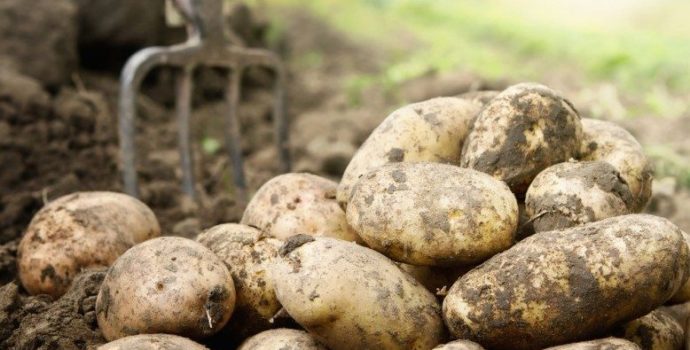Government Has to Prioritise Farm Incomes in Budget 2016

Following a pre-Budget meeting with the Minister for Finance Michael Noonan and the Minister for Public Expenditure Brendan Howlin, IFA President Eddie Downey said today (Fri) that next month’s Budget will be critical to underpin the contribution of farming and the agri sector to economic recovery across rural Ireland.
Eddie Downey said, “Farm incomes are under pressure this year because of falling prices and volatile global markets. Farmers will expect the Minister for Agriculture Simon Coveney to step up at the Cabinet table and deliver a strong package for the sector when Budget negotiations are finalised in the coming weeks”.
Mr Downey said, “Specifically, the Government must deliver on its funding commitment to the Rural Development Programme. €580m must be provided for farm schemes in next month’s Budget that will deliver programmes of support for low-income farmers, agri-environment schemes, young farmers measures, on-farm investment and farming in marginal areas. The Government must also build upon the agri-taxation review, including the implementation of innovative measures to encourage intergenerational family transfer, addressing the discrimination against self-employed and tackling price volatility”.
The IFA President continued, “Agriculture supports 300,000 people in farming, food processing and the related services sectors with agri-food exports increase over 45% since 2009. Despite farm families’ positive economic contribution, farm incomes remain low, are increasingly exposed to price volatility, and are highly dependent on the farm schemes to maintain their viability”.
IFA Rural Development Chairman Flor McCarthy said, “As part of the full first year of the new RDP programme, funding of €250m must be allocated for agri-environment schemes with full payments for all GLAS and AEOS participants. Funding for farm schemes and investment programmes including the GLAS and AEOS agri-environment schemes, the Beef Data and Genomics programme, a targeted payment for the ewe flock, the Knowledge Transfer and TAMs II programmes underpin agricultural production and are hugely important in maintaining farm viability”.
IFA Farm Business Chairman Tom Doyle said, “Government can facilitate improvements in the structure of farming through supportive taxation measures by building upon measures contained in last year’s agri-taxation review. The IFA is calling for a mechanism to be developed through the income tax system, which would encourage the lifetime transfer of family farms, while allowing both parties to work together for a defined time period.
The IFA is also looking for the retention of 90% Agricultural Relief, adjustment of CAT thresholds to reflect asset prices, an Earned Income Tax Credit for the self-employed, extension of Young Trained Farmers Stamp Duty exemption and Stock Relief measures, extension of income averaging to forestry income as well as proposals for an innovative measure to tackle income tax volatility”.
IFA Forestry Chairman Michael Fleming, who also attended the meeting, made a very strong case for the averaging of income from forestry, which would encourage a structured planting and thinning system.




